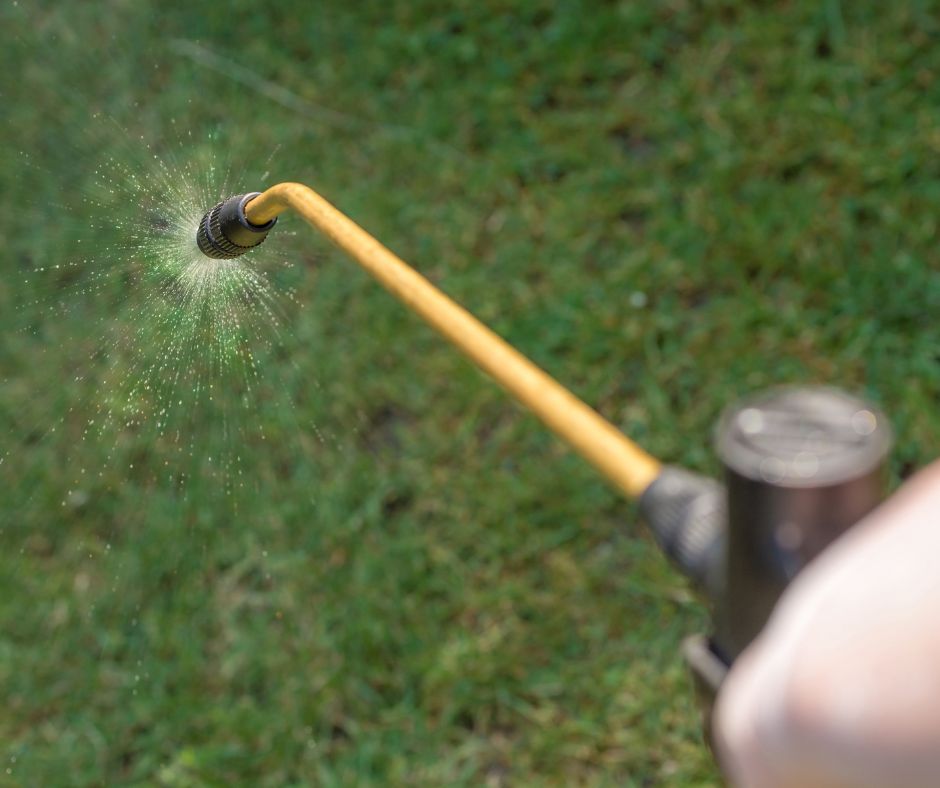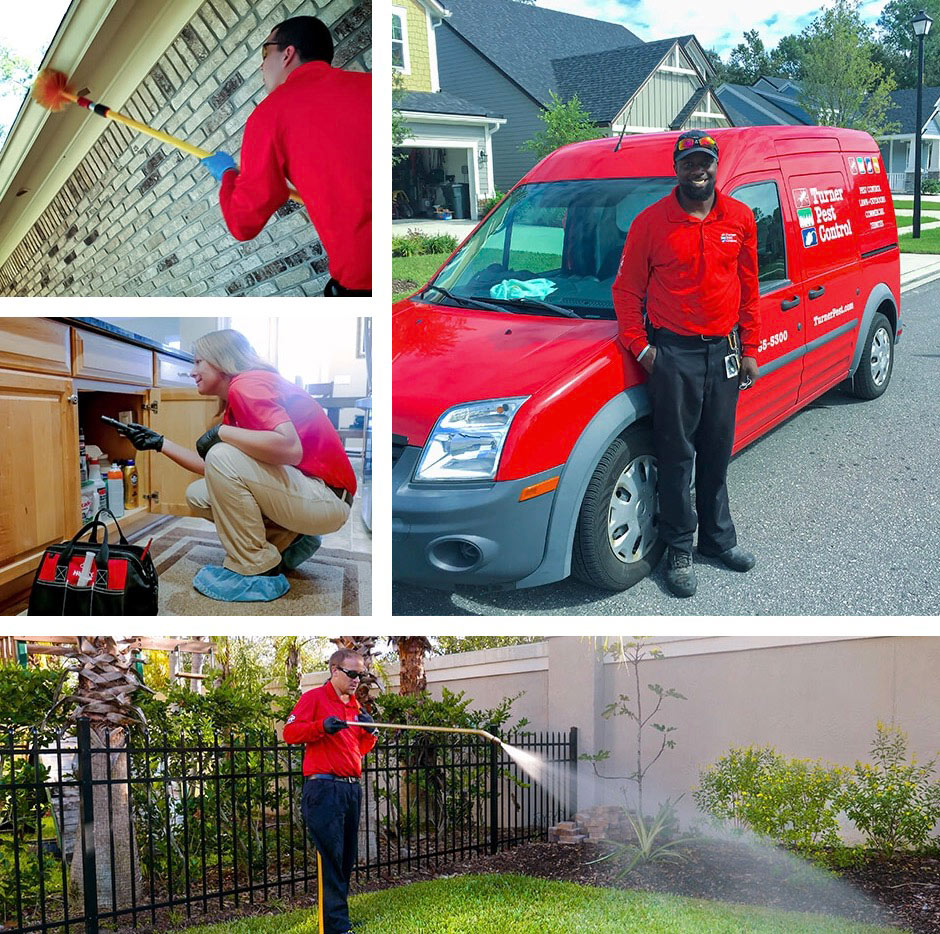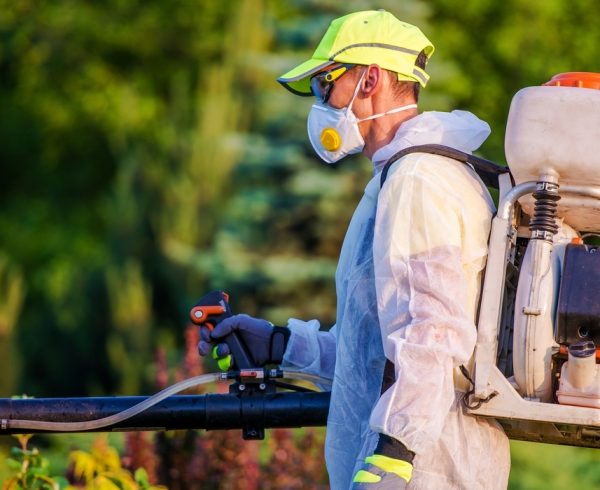Expert Commercial Pest Control Service in Port Charlotte
Comprehensive Guide to Recognizing Parasite Control Methods and Their Treatment
Recognizing parasite control techniques is crucial for efficient administration of unwanted microorganisms that present dangers to wellness, farming, and residential property. What elements should be taken into consideration when picking the appropriate bug control technique for a certain scenario?
Review of Parasite Control Methods
Pest control approaches encompass a selection of techniques made to handle and eliminate undesirable organisms that can damage human health, farming, and residential or commercial property. Effective bug administration is critical for preserving the honesty of ecological communities and making certain the safety of food products. These techniques can be generally categorized into 3 key strategies: cultural, mechanical, and biological controls.

Cultural control involves customizing farming methods or ecological problems to decrease insect facility and recreation. This approach consists of plant turning, hygiene, and picking pest-resistant plant selections. Mechanical control depends on physical barriers or gadgets to avoid insect accessibility or straight remove them. Instances include traps, nets, and hand-picking hazardous pests.
Biological control makes use of all-natural killers, bloodsuckers, or pathogens to manage pest populaces. This approach stresses eco-friendly balance and can consist of presenting advantageous insects, such as ladybugs or predative nematodes, to handle bug presence.
Integrated pest monitoring (IPM) integrates these techniques, utilizing a holistic strategy that stresses avoidance, tracking, and accountable administration. By using a blend of these techniques, bug control can be a lot more lasting and effective, minimizing dependence on chemical treatments while protecting human wellness and the environment.

Chemical Parasite Control Solutions
A selection of chemical insect control services are readily available, supplying effective options for handling parasite populaces when various other approaches may fail. These solutions largely include pesticides, herbicides, fungicides, and rodenticides, each designed to target certain insects while minimizing injury to non-target organisms.
Pesticides are particularly effective against a range of pests, consisting of ants, roaches, and termites, and can be categorized as get in touch with or systemic representatives. Get in touch with pesticides eliminate parasites on call, while systemic pesticides are taken in by plants, making them toxic to pests that prey on them. Herbicides are used to control unwanted greenery, whereas fungicides are essential for handling fungal diseases that can harm crops and decorative plants.
Additionally, integrated parasite management (IPM) principles must be employed, combining chemical remedies with social, mechanical, and organic strategies for sustainable bug control. This all natural method not only boosts pest management effectiveness yet additionally decreases possible environmental influences linked with chemical use.
Biological Insect Control Strategies
Organic bug control strategies provide an environmentally friendly choice to chemical approaches by making use of natural killers, bloodsuckers, or virus original site to manage bug populaces. This method leverages the environmental connections between microorganisms, advertising a well balanced community while decreasing chemical residue in the setting.
One of the most usual organic control methods involves the introduction of all-natural enemies. As an example, ladybugs are utilized to manage aphid populaces, while parasitic wasps can target caterpillars and other parasites. These all-natural killers efficiently reduce pest numbers without harming beneficial insects.
Furthermore, microbial agents such as microorganisms, fungis, and viruses are used to infect and eliminate details bugs. Bacillus thuringiensis (Bt), a normally occurring microorganism, is widely used to control caterpillars and various other larvae, showcasing the effectiveness of microbial parasite control.

Physical and Mechanical Methods
Regularly used in incorporated bug administration strategies, physical and mechanical methods act as efficient devices for regulating pest populations without using chemicals. These methods count on physical obstacles, catches, and various other mechanical gadgets to stop or get rid of bugs, making them ecologically friendly options.
Physical approaches consist of the usage of barriers such as insect netting, screens, or row covers that physically block bugs from accessing plants. This is especially beneficial in agricultural setups where plant security is necessary. Furthermore, habitat adjustment, such as getting rid of debris and standing water, can reduce pest breeding sites, thereby minimizing invasions.
Mechanical approaches incorporate traps, which can be created to catch details pests. Sticky traps and scent traps prevail instances that tempt and retain insects, promoting tracking and control. Vacuuming is one more mechanical strategy, Learn More effective for eliminating bugs from see this page indoor atmospheres, especially in cases of invasions.
Preventative Parasite Management Approaches
Effective preventative insect administration approaches are necessary for keeping healthy atmospheres and lessening pest-related concerns before they arise (Pest Control in Port Charlotte, FL). These methods concentrate on aggressive procedures that minimize the chance of parasite problems by resolving the source

An additional crucial strategy includes appropriate landscaping practices (Pest Control in Port Charlotte, FL). Maintaining plants trimmed and away from buildings can lower harborage areas for parasites. Carrying out integrated bug administration (IPM) techniques that consist of keeping an eye on insect populaces and employing biological controls can cultivate a well balanced ecosystem that normally subdues pest numbers.
Education and learning and training for team and homeowners on recognizing early indications of pest task are likewise vital elements of an efficient preventative program. By cultivating an environment of understanding and caution, companies and homeowners can considerably boost their pest monitoring efforts and secure their areas versus future infestations.
Final Thought
To conclude, efficient pest control calls for a multifaceted method that incorporates chemical, organic, and mechanical techniques. Utilizing an Integrated Insect Administration (IPM) framework permits the lasting administration of insects while decreasing environmental effect. Preventative techniques additionally improve the effectiveness of these techniques, ensuring long-lasting defense of health and wellness, farming, and residential or commercial property. Inevitably, a complete understanding of these varied bug control methods is crucial for attaining successful outcomes in insect administration efforts.